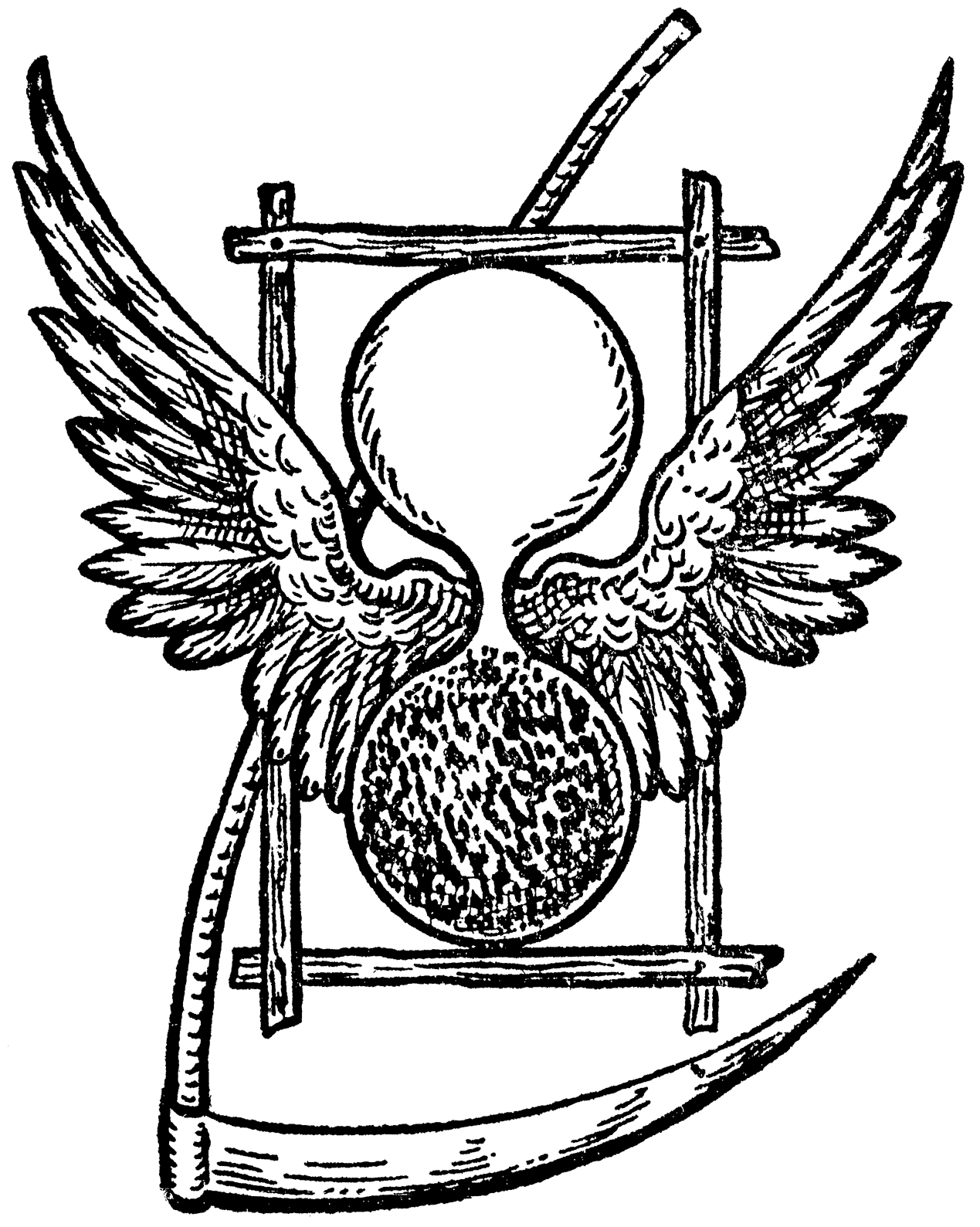We found 191 pesticides, 107 pharmaceuticals and 81 industrial compounds among many others in the recycled plastic pellets.
This sentence seems so meaningless. Things being pesticides or pharmaceuticals doesn’t make them harmful and even if they are harmful, are they in concentrations that matter for humans?
The science article they link: https://www.science.org/doi/10.1126/science.adk9846
Uses much better more meaningful language to describe the same problem! It is also much shorter and easier to read.
Enter Europe’s precautionary principle when it comes to food safety: you don’t have to show that a chemical is harmful to ban it, but you have to prove it safe to be allowed in the food cycle. Guilty until proven innocent.
That doesn’t sound like a bad thing in my opinion
Yeah that’s a good thing in this case.
Ah maybe my perspective is wrong. I didn’t know this is how the EU does it. Does this rule apply to plastic or fabric as well? Or maybe only plastic used for food? regulating recycled plastic that is used for food makes a ton of sense to me.
As far as I know it applies to anything where there’s a risk the chemical can affect the body. Like food and cosmetics (and the containers if there’s a chance that anything can leach into the product), but I can imagine it also applies to clothing fabric because it’s worn on the skin for a long time. Door handles and things like that? Less likely. But definitely toys, because children can (and will) chew on them.
This could potentially be extremely concerning in that a lot of ‘greener’ options for parents trying to provide toys/strollers/car seats/bibs/dishware etc to their children include recycled plastics. Lots of maternity clothing as well advertises that it’s made of recycled polyester! I hope that stuff gets pulled from the shelves until it’s investigated more.
The truth is that plastic has never been recyclable, and has never been “safe” for use. Plastic is absolutely one of the biggest environmental tragedies of the petroleum age.



